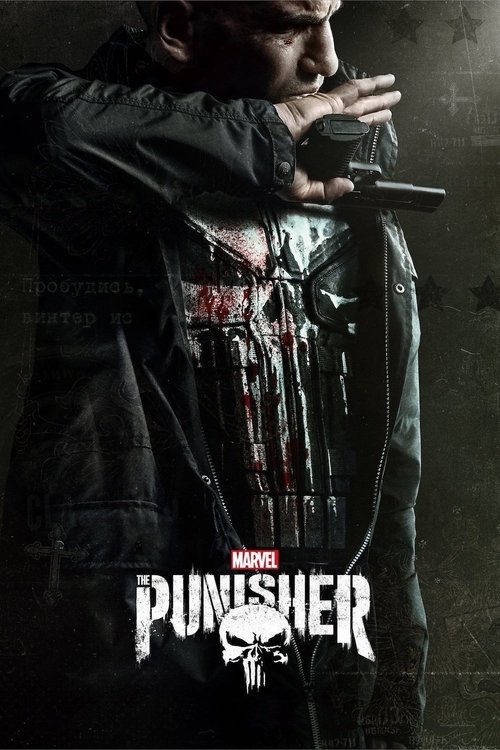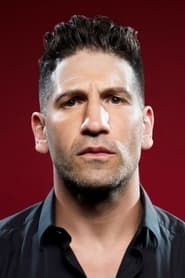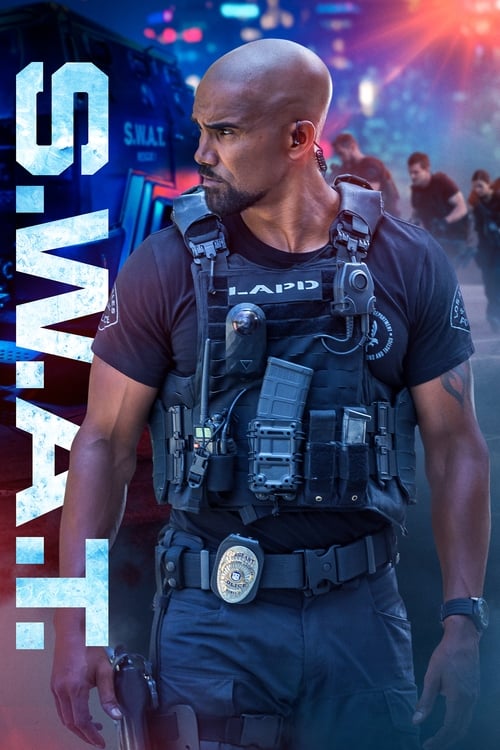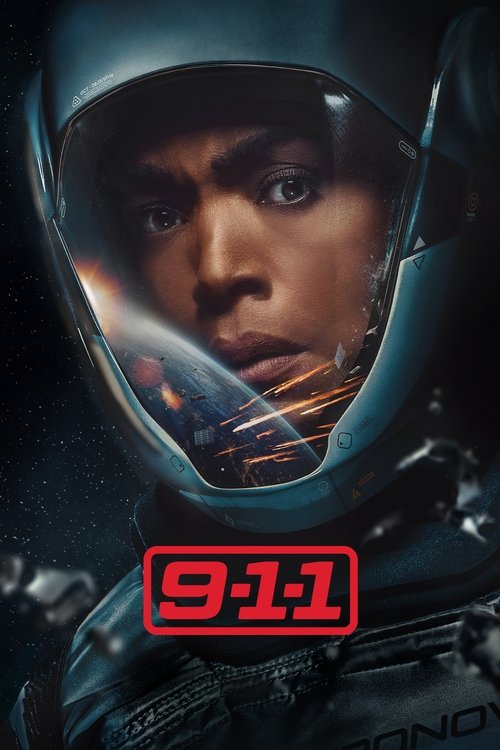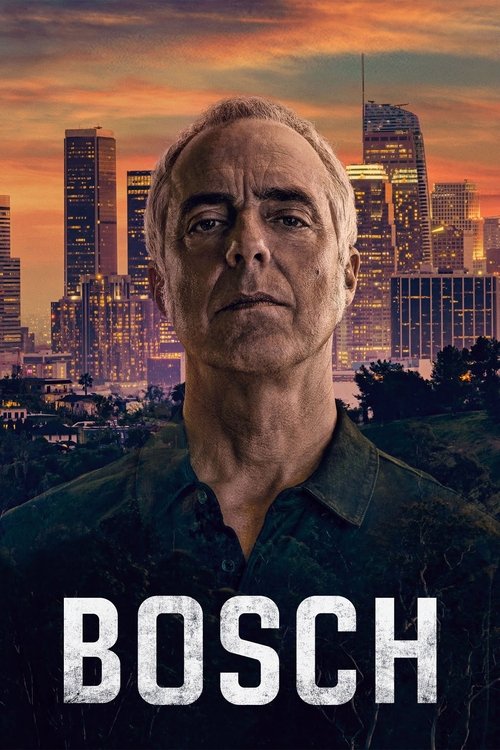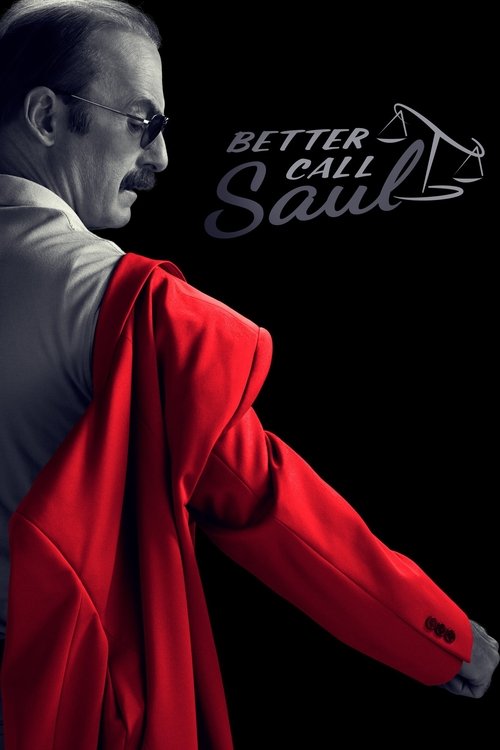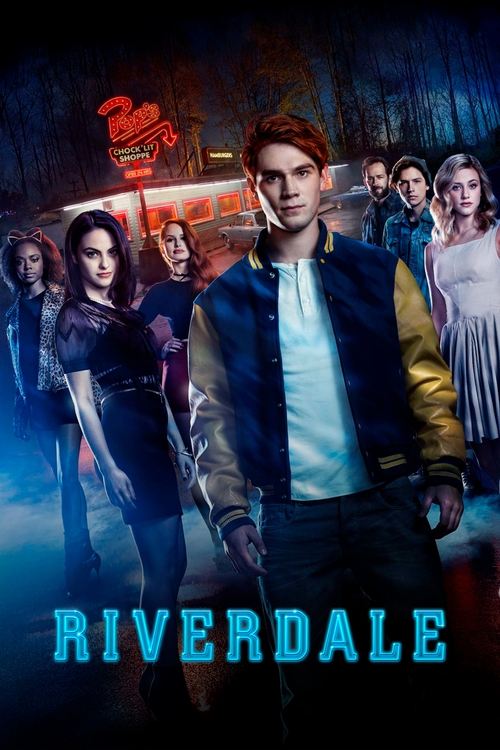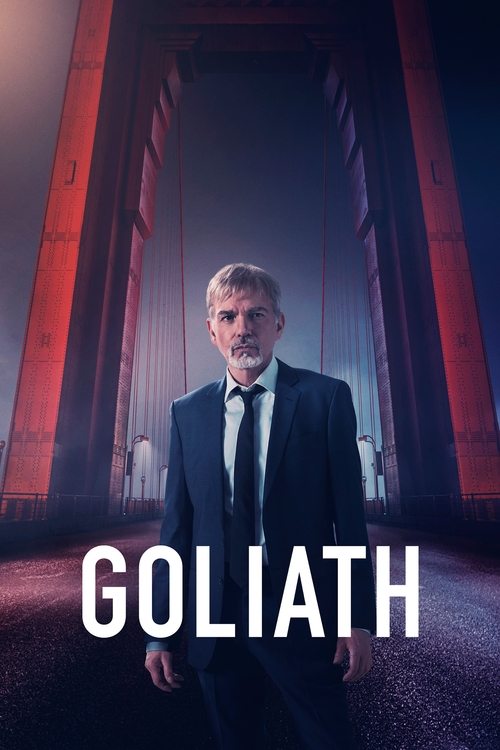
Ask Your Own Question
What is the plot?
Frank Castle, a former Marine, is living under the radar in New York City after avenging the murder of his family. He works at a construction site, trying to maintain a low profile. One day, he witnesses a violent altercation between a group of men and a homeless man. Frank intervenes, showcasing his combat skills, but he quickly retreats to avoid drawing attention to himself.
Meanwhile, David Lieberman, a former NSA analyst who goes by the alias Micro, is living in hiding after being framed for a crime he didn't commit. He is desperate to clear his name and reunite with his family. He discovers Frank's identity through surveillance and believes that Frank can help him expose the conspiracy that led to his downfall.
Frank is approached by a group of men who are part of a drug operation. They attempt to recruit him, but he refuses. This leads to a confrontation where Frank takes down several of the men, demonstrating his lethal skills. This incident draws the attention of the local law enforcement and the criminal underworld.
Micro reaches out to Frank, revealing his knowledge of the conspiracy involving the death of Frank's family and the cover-up surrounding it. Frank is initially reluctant to work with Micro but eventually agrees after realizing that they share a common enemy. They begin to collaborate, with Micro providing Frank with intel on the people responsible for the corruption.
As Frank investigates further, he discovers that the conspiracy is tied to a covert military operation called "Cerberus," which involved the illegal activities of soldiers, including his former commanding officer, Billy Russo. Frank confronts Russo, who is now a successful businessman, but Russo denies any wrongdoing. This encounter stirs up old emotions for Frank, who struggles with the memories of his past.
Frank's actions attract the attention of the FBI, particularly Agent Sam Stein and his partner, Dinah Madani, who are investigating the Cerberus operation. Madani is determined to uncover the truth, driven by her own personal motivations and a desire for justice. She becomes increasingly obsessed with finding Frank, believing he holds the key to unraveling the conspiracy.
As Frank continues his mission, he faces numerous challenges, including confrontations with various criminal elements and law enforcement. He engages in brutal fights, showcasing his tactical skills and relentless determination. Each encounter reveals more about the depth of the conspiracy and the lengths to which those involved will go to protect their interests.
Micro, while assisting Frank, struggles with his own family issues. He longs to reconnect with his wife and children but feels trapped in his current situation. His emotional turmoil adds complexity to his partnership with Frank, as he grapples with the consequences of their actions.
The tension escalates when Madani finally tracks down Frank. Instead of arresting him, she realizes that they share a common goal. They form a tenuous alliance, with Madani providing Frank with information while he continues to pursue the men responsible for the conspiracy. This partnership is fraught with mistrust, but both are driven by their need for justice.
As the investigation deepens, Frank learns that the conspiracy reaches higher than he initially thought, involving powerful figures in the government and military. He faces moral dilemmas as he weighs the cost of his vengeance against the potential for justice. His internal struggle is palpable as he confronts the ghosts of his past and the impact of his choices on those around him.
The climax of the season occurs when Frank confronts Russo in a brutal showdown. The fight is intense and personal, filled with raw emotion as Frank seeks retribution for the betrayal and loss he has suffered. The confrontation culminates in a violent battle that leaves both men physically and emotionally scarred.
In the aftermath, Frank's actions lead to significant consequences for all involved. The conspiracy begins to unravel, but not without collateral damage. Madani faces repercussions for her alliance with Frank, and Micro's family situation becomes increasingly dire as he struggles to balance his quest for justice with his responsibilities as a husband and father.
The season concludes with Frank fully embracing his role as The Punisher, a vigilante who will stop at nothing to bring justice to those who have wronged him and others. He stands resolute in his mission, ready to face whatever challenges lie ahead, while the world around him continues to spiral into chaos.
What is the ending?
In the ending of Marvel's The Punisher, Frank Castle confronts his past and the people who have wronged him. He faces off against Billy Russo, who has become Jigsaw, and ultimately defeats him. Frank also finds a sense of closure with his own demons, while his ally, David Lieberman (Micro), escapes to start anew. The season concludes with Frank embracing his role as The Punisher, continuing his mission of vengeance.
As the final episodes unfold, the tension escalates. Frank Castle, portrayed with a deep sense of loss and determination, prepares for the inevitable confrontation with Billy Russo. The scene opens in a dimly lit warehouse, where Frank, clad in his signature tactical gear, stands resolute. The air is thick with anticipation, and the sound of distant sirens echoes, a reminder of the chaos surrounding them.
In a flashback, we see glimpses of Frank's life before the tragedy--moments with his wife, Maria, and their children, which serve as haunting reminders of what he has lost. This emotional weight drives him forward, fueling his relentless pursuit of justice. As he moves through the warehouse, the camera captures the intensity in his eyes, a mix of rage and sorrow.
The confrontation with Billy Russo, now Jigsaw, is brutal and visceral. The two men, once friends, are now enemies bound by betrayal. The fight is raw, showcasing their physical prowess and emotional turmoil. Frank's punches are fueled by years of pain, while Russo's desperation to prove himself adds a layer of unpredictability. The scene is interspersed with flashbacks of their camaraderie, highlighting the tragic fall from grace.
As the battle rages on, Frank gains the upper hand. He finally overpowers Russo, leaving him bloodied and broken. In a moment of clarity, Frank stands over him, grappling with the choice between mercy and vengeance. The camera lingers on Frank's face, revealing the internal struggle as he contemplates the cycle of violence. Ultimately, he chooses to let Russo live, but not without a warning--an acknowledgment that their paths may cross again.
Meanwhile, David Lieberman, known as Micro, is navigating his own path. After helping Frank, he decides to leave the life of conflict behind. In a poignant scene, he shares a heartfelt goodbye with his family, finally ready to embrace a normal life. The emotional weight of his decision is palpable, as he walks away from the chaos, symbolizing hope and redemption.
The series concludes with Frank fully embracing his identity as The Punisher. He stands alone on a rooftop, overlooking the city, a solitary figure against the backdrop of a sprawling urban landscape. The weight of his choices hangs heavy, but there is a sense of purpose in his stance. He is not just a man seeking revenge; he has become a symbol of justice for those who cannot fight for themselves.
As the screen fades to black, the fate of each character is clear. Frank Castle remains a vigilante, forever haunted by his past but resolute in his mission. Billy Russo, left scarred both physically and emotionally, is a reminder of the consequences of betrayal. David Lieberman finds a chance at redemption, stepping away from the darkness to seek a brighter future. The narrative closes, leaving viewers with a lingering sense of the complexities of justice, vengeance, and the human condition.
Is there a post-credit scene?
In the 2017 series "Marvel's The Punisher," there is no post-credit scene at the end of the episodes. The show concludes each episode without any additional scenes after the credits roll. The narrative focuses on Frank Castle's journey of vengeance and justice, exploring his internal struggles and the impact of his violent past, but it does not include any post-credit sequences that are common in other Marvel productions. Each episode wraps up its storylines without teasing future events or characters in a post-credit format.
What motivates Frank Castle to become The Punisher?
Frank Castle, portrayed by Jon Bernthal, is driven by a deep sense of loss and a desire for vengeance after the brutal murder of his family. The traumatic event, witnessed by Frank, ignites a relentless pursuit of justice against those who exploit and harm others. His internal struggle is marked by guilt and anger, as he grapples with the morality of his violent methods while seeking to honor the memory of his loved ones.
How does Frank Castle's relationship with David Lieberman evolve throughout the series?
Frank Castle's relationship with David Lieberman, also known as Micro, begins with distrust and skepticism. Initially, Frank sees Micro as a potential threat, but as they work together, a bond forms based on mutual understanding and shared trauma. Micro, who is trying to protect his family while being hunted, becomes an ally for Frank, providing him with crucial information and technological support. Their partnership deepens as they confront their pasts, ultimately leading to a strong friendship rooted in their desire for justice.
What role does Dinah Madani play in the story, and how does her character arc develop?
Dinah Madani, played by Ben Barnes, is a Homeland Security agent whose pursuit of justice leads her to cross paths with Frank Castle. Initially, she is focused on uncovering the truth behind her partner's death, which ties back to Frank's past. As the series progresses, Dinah becomes increasingly entangled in the moral complexities of the case, struggling with her own sense of justice versus the law. Her character arc showcases her transformation from a determined agent to someone who must confront the darker aspects of her quest for vengeance, ultimately leading to a personal reckoning.
What is the significance of the character Billy Russo in Frank Castle's journey?
Billy Russo, portrayed by Ben Barnes, serves as a pivotal antagonist in Frank Castle's journey. Once Frank's best friend and a fellow soldier, Billy's betrayal and transformation into the ruthless businessman Jigsaw represent the darker side of their shared past. His character embodies the themes of loyalty and betrayal, as Frank is forced to confront the reality that someone he once trusted has become a symbol of everything he fights against. The emotional conflict between Frank and Billy culminates in a brutal confrontation that forces Frank to reckon with his own humanity.
How does the series explore the theme of trauma through Frank Castle's character?
The series delves deeply into Frank Castle's trauma, showcasing his psychological struggles through flashbacks and intense emotional moments. The loss of his family haunts him, manifesting in nightmares and violent outbursts. Frank's journey is marked by his attempts to cope with his grief and rage, often leading him to isolate himself from others. The portrayal of his PTSD is raw and visceral, highlighting the impact of violence on his psyche and the difficulty of finding peace in a world filled with chaos.
Is this family friendly?
Marvel's The Punisher is not considered family-friendly due to its intense and graphic content. Here are some potentially objectionable or upsetting aspects that may affect children or sensitive viewers:
-
Graphic Violence: The show features numerous scenes of brutal violence, including gunfights, hand-to-hand combat, and graphic depictions of injuries and death.
-
Murder and Revenge Themes: The central theme revolves around revenge and the consequences of violence, which may be disturbing for younger audiences.
-
Strong Language: The dialogue includes frequent use of strong profanity, which may not be suitable for children.
-
Substance Abuse: Characters are shown using drugs and alcohol, which could be concerning for younger viewers.
-
Psychological Trauma: The show explores themes of PTSD and mental health struggles, particularly through the character of Frank Castle, which may be heavy for sensitive viewers.
-
Death of Family Members: The backstory involves the violent deaths of family members, which is a significant emotional trigger throughout the series.
-
Torture and Abuse: There are scenes depicting torture and psychological manipulation, which can be distressing.
-
Sexual Content: The series includes scenes of sexual situations and nudity, which may not be appropriate for younger audiences.
Overall, the show is intended for mature audiences and contains numerous elements that could be upsetting or inappropriate for children.

